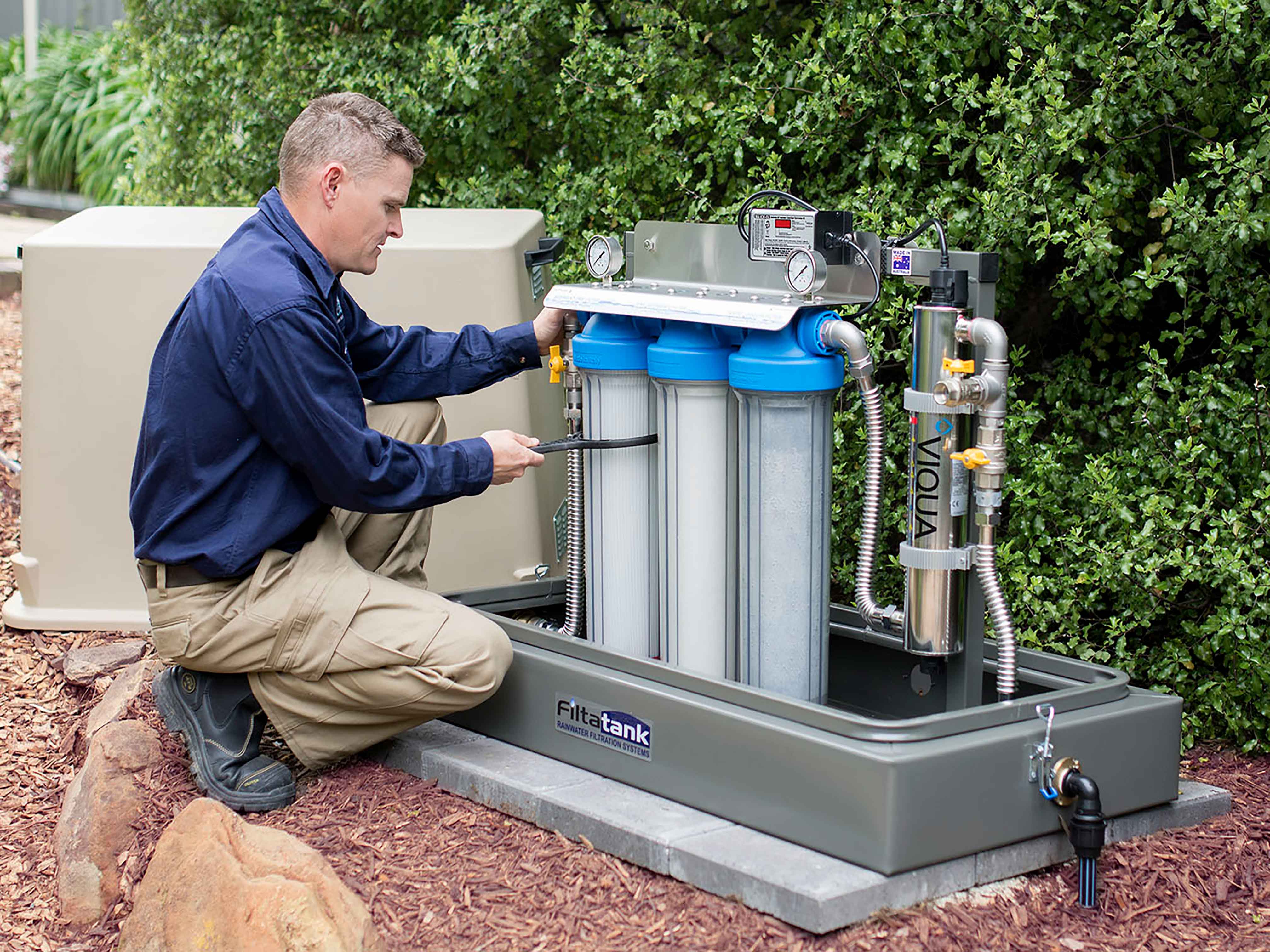8 Reasons Why Water Filtration Is Important To Human Health
Water filtration is important to human health because it removes harmful contaminants from your drinking water. This can include heavy metals, chemicals and pesticides. It also reduces the risk of cancer, improves digestion and helps your skin stay hydrated.
In addition to removing chlorine taste and odour, a water filter can also reduce the presence of other cancer-linked contaminants such as PFAS.
1. Reduces Risk of Cancer
Drinking water contaminated with dangerous chemicals and contaminants increases your risk of cancer. These harmful contaminants come from contaminated source water or enter as the water is treated and conveyed to your home.
A carbon water filter can selectively remove these chemicals while retaining healthy mineral deposits that balance the pH of drinking water. It also eliminates giardia, cryptosporidium and other pathogens that can cause severe gastrointestinal illnesses. This helps protect your health and prevents dehydration. In addition, it reduces the possibility of ingesting a deadly amoeba called Naegleria fowleri that can travel up your nose and into your brain.
2. Reduces Risk of Heart Disease
Water filters remove a variety of physical and chemical contaminants from tap water. These include chlorine, lead, heavy metals, and other harmful toxins such as per- and polyfluoroalkyl substances (PFAS).
Filtered water tastes better and smells fresher. It’s also easier on your stomach’s natural balance, which reduces the risk of gastrointestinal infections and acid reflux.

Purified water is also better for cooking and cleaning. Dishes stay cleaner, and clothes are softer when washed in clean water. Soap scum and other deposits are also less likely to build up in the shower, bathtub, sink, and drains.
3. Reduces Risk of Stroke
Perth Water Filtration systems reduce harmful contaminants in drinking water such as chlorine, pesticides and microorganisms. These chemicals and bacteria can cause diseases such as stroke.
Drinking filtered water is not only better for your health, it also improves your hydration and boosts cognitive function. This is why it’s important to filter your water at home. This will ensure your family is well hydrated and healthy. Water filters are easy to use and affordable. They can be installed in your kitchen or even your bathroom.
4. Reduces Risk of Diabetes
The risk of diabetes from consuming polluted water can be reduced by using a home filter system. Water filters reduce toxins and harmful chemicals in your water, including chlorine taste and odour and prevent limescale build-up.
In addition, filtered water is easier on the stomach and can help reduce the risk of gastrointestinal diseases like ulcers or acid reflux. It is also more effective for cooking, washing clothes and cleaning. This is due to less soap scum, stains and mineral deposits on surfaces.
5. Reduces Risk of Infections
Water is essential for our health, but it can be contaminated with harmful chemicals. Drinking contaminated water can lead to many diseases, such as diarrhoea, giardiasis, hepatitis and cholera.
Drinking filtered water reduces the risk of these diseases as it removes the contaminants from the drinking water. It also helps protect the immune system, especially those with weakened immune systems, such as people going through chemotherapy and those with AIDS. It also improves the taste and odour of the water.
6. Reduces Risk of Kidney Disease
People who are immunocompromised (including people with weakened immune systems due to chemotherapy or AIDS) should use a water filter that can remove the germ Cryptosporidium, which can lead to severe diarrhea. Water filters that have a label with an absolute pore size of 1 micron or smaller are effective against this organism.
Water filtration is also important for reducing exposure to certain heavy metals. These toxic metals can cause neurological disorders and kidney disease. They often come from industrial and agricultural runoff or aging infrastructure.
7. Reduces Risk of Stomach Ulcers
Water filters remove contaminants from water such as chlorine, disinfection byproducts and other harmful chemicals and toxins. They also remove unhealthy minerals and prevent limescale.
Many people who use filtered water are less likely to develop stomach ulcers. This is because pure drinking water is easier for the stomach to digest than contaminated tap water.
The best water filters work by reducing unwanted chemicals through a process known as absorption. Most household filters use granular activated carbon which has a large internal surface with nooks and crannies that are perfect for trapping chemical impurities.
8. Reduces Risk of Dry Skin
Water filtering helps to ensure your skin is free of toxins and pollutants. This is especially important for those who have skin conditions like eczema and psoriasis, which can be made worse by the chemicals found in unfiltered water.
Filtered water is also tastier than bottled water, and saves money on those expensive plastic bottles that end up in landfills. And it’s better for cooking, and will help dishes stay cleaner and shinier, while keeping the healthy minerals that you need.